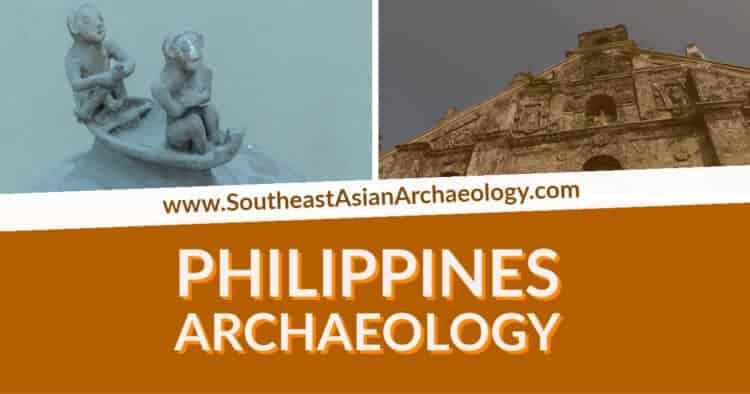Deadline for abstracts is on Wednesday – email kapi.conference.comms@gmail.com
Crises act as an important catalyst in cultural, social, political, and economic conditions of instability, as it can and have shown to changeour way of life. As the world faces several crises on different fronts, archaeology is uniquely positioned to demonstrate how past humansocieties persistently innovate adaptive strategies to handle these challenges with their constant interaction with the natural and socialenvironments. Recently, the importance of deriving analogies and parallels about current challenges (e.g., mitigation of natural andhuman-induced hazards) from archaeological research to show how past crises served as crucial accelerators in the formation andtransformation of social structures and systems is frequently highlighted. This is largely driven by the need to develop morecomprehensive forms of analyses to address interminable issues on local and global catastrophes that directly impact humanpopulations, such as extreme climatic shifts resulting to more severe natural disasters, rapid biodiversity loss, persistent threats ofemerging and reemerging infectious diseases, economic crisis, social and political instability, etc. Archaeology, with its multi-, inter-,transdisciplinary approaches, provides long-term perspectives on the successes and failures of past societies in responding to a givencrisis that hold important lessons on how we develop response mechanisms during traumatic events when the essential functions of thesociety are disrupted. For archaeology to remain relevant as a field of study, it should engage in research on issues (e.g., health, climatechange, etc.) that continue to impact present-day human populations. Hence, as archaeology allows integration of a wide variety ofinformation sources and methodologies from auxiliary disciplines, it can provide broader interpretations of past human experiences andmuch better resolution in reconstructing society-nature coevolution through time. Insights derived from archaeological data may thenbe used to influence modern response systems and policy making strategies.
In the Philippines, however, archaeology remains an emerging discipline despite the decades-worth of studies that have already been conducted in various areas in the country. It is yet to fully move forward from a multidisciplinary and interdisciplinary scientific endeavor to a transdisciplinary one, whereby it practices constant collaboration with other fields of study on topics that go beyond archaeology. It is high time that the 12th KAPI Conference welcomes presentations (including by graduate students) on re examining the future of Philippine archaeology with its relevance to the pandemic-related issues, various environmental concerns, and sociopolitical-economicchallenges that the Philippines continues to contend with. Policies on fieldwork and other kinds of archaeological research, engagementwith local communities, and upholding of ethical values are other areas that this theme could explore. Climate change, collectionsmanagement, pseudoarchaeology/disinformation/misinformation, cultural heritage, and gender parity are likewise concerns that requirefurther discussion. It is imperative to address the changing nature of archaeology vis-à-vis the socio-political milieu. As both global andlocal issues become more entwined, Philippine archaeology as a discipline needs to act if it is to move forward and continue to play itsrole in explaining the human past in hopes to guide future policies and connections.














![[Call for Papers] Decolonization of Southeast Asian Studies](https://www.southeastasianarchaeology.com/wp-content/uploads/2024/07/logo-rcsd-full-120x86.png)










